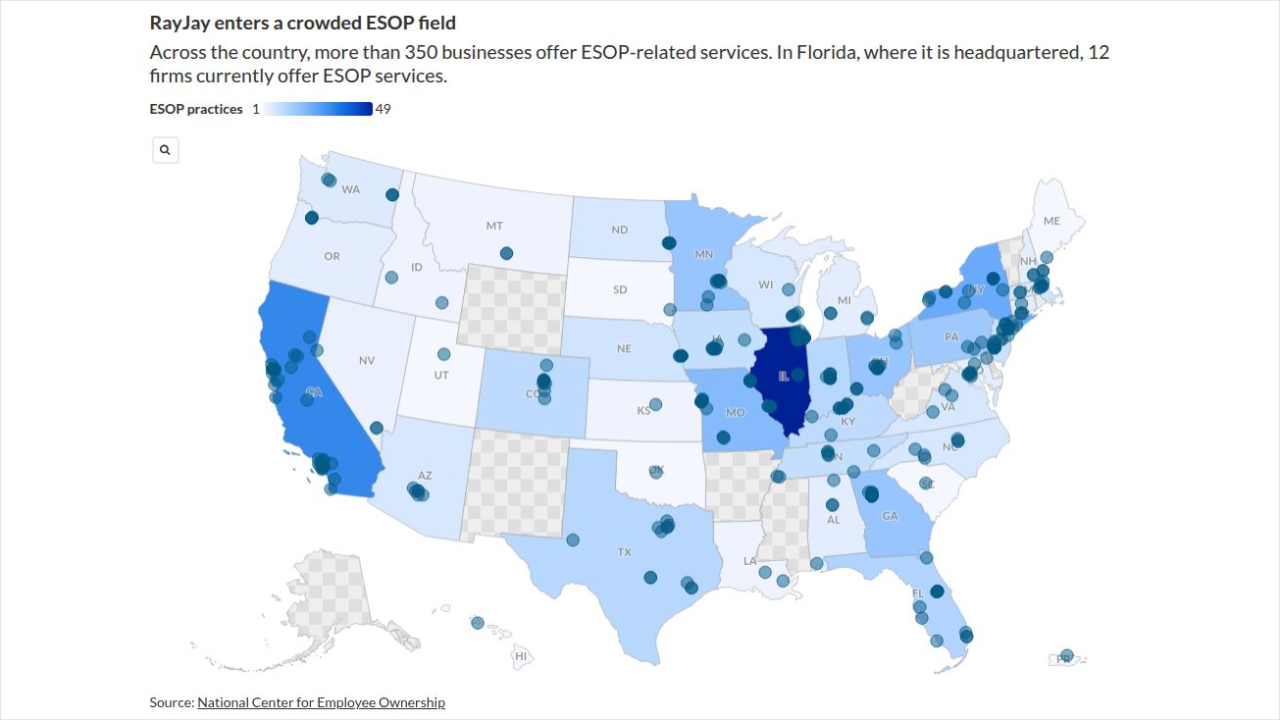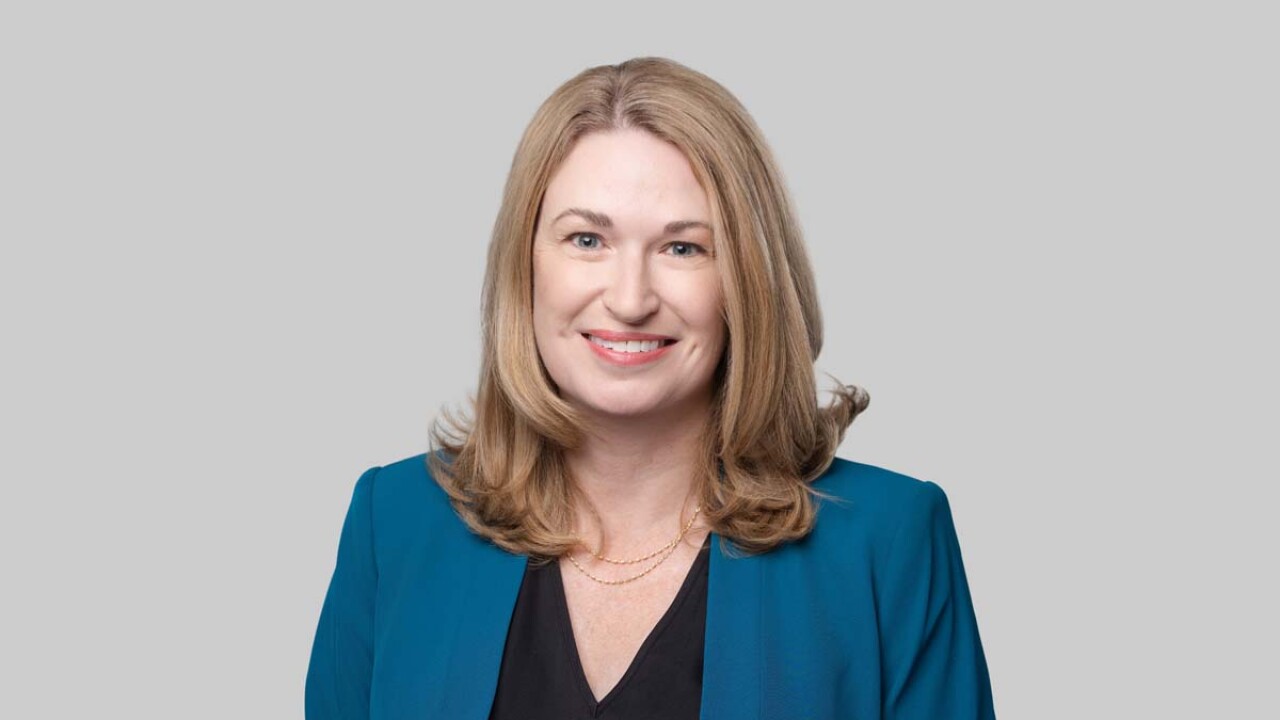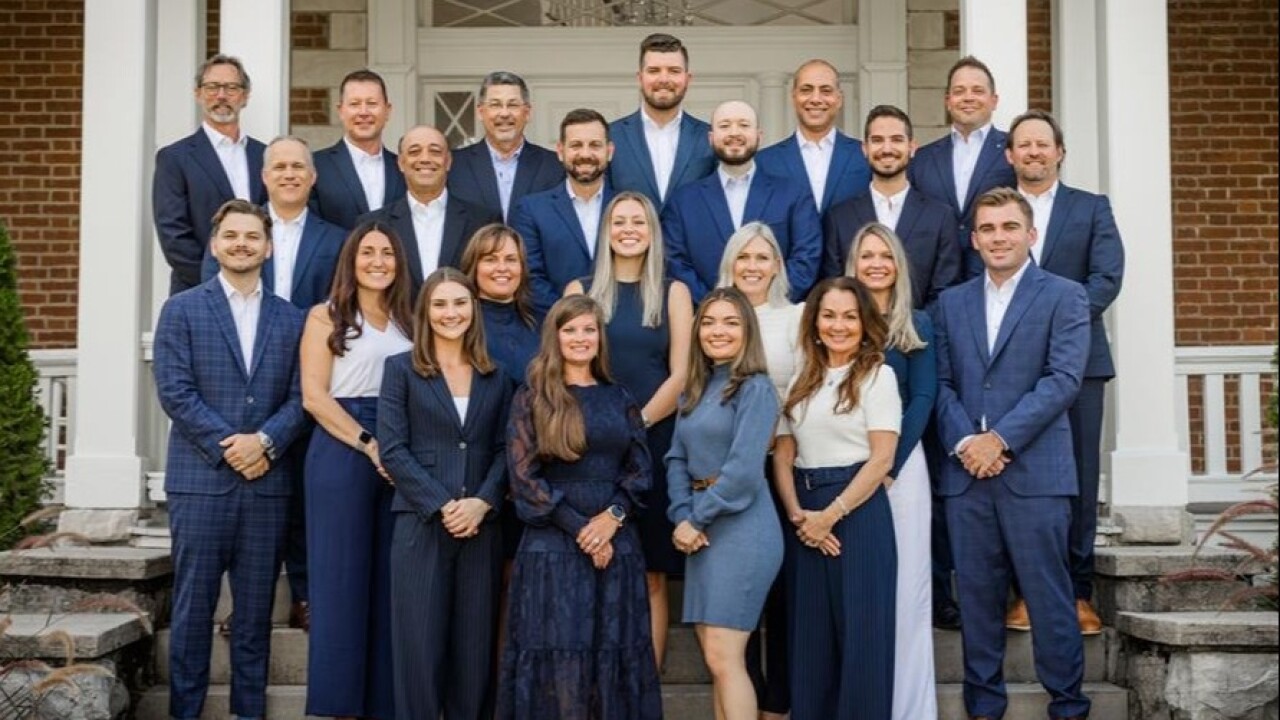When Citibank Global Wealth Management head of technology and infrastructure Julia Carreon joined the firm last year, she ran into troubles often faced by clients. It took her six months to roll over her accounts from her prior job through paper checks that kept getting lost in the mail.
“Eleven years ago, I said we had about 20 years to get our act together,” Carreon said last week in a panel at the Financial Planning
Carreon painted a stark picture of the areas where wealth managers and firms from supportive fields are falling short in a digital era with the potential to catch up — but only if the industry faces those challenges with an understanding of younger generations and an open mind to some unfamiliar concepts. Her session and another afterward led by Riskalyze CEO Aaron Klein focused on the importance of correcting some misconceptions about the use of wealth management technology now and into the future.
For example, Carreon told the story of an older billionaire with terminal cancer who was moved to weep by remote scheduling tools.
“Because we had made it that anyone in the family could sign up for that meeting and attend in multiple different places — remember this is 11 years ago — he said, ‘This is the first time that my family would be able to have a portfolio review all at the same time,’” Carreon said.
“He made his fortune developing an espresso machine that was sold to Nespresso and his money — the billion dollars that he had now — was based on his legacy, and his legacy was his life, and he wanted to share that with his family,” she continued. “I tell that story because we are in the business of enabling experiences for people with their money. It's important to them because it’s who they are and it's an expression of who they are, and I have so much passion for the fact that we, as an industry, have not made it all that easy to do business with us.”
Generational statistics display the massive stakes for solving that problem. More than 3 million baby boomers retired in 2020, pushing up the total number of retired Americans of that generation to 28.6 million,
Those kinds of figures may lead some to mistaken
“Advisors would come up to me and say, ‘I'm just trying to figure out how to survive in a 25 basis-point world.’ Do you remember hearing anybody talk about that?” Klein said. “Financial advisors don't really appreciate where their own value comes from. They're largely blinded by their weaknesses and their threats. They don't see a path to neutralize those, and they underestimate the power of their own strengths. And, all of a sudden, it became clear to me that we were already on the winning side.”

Wealth managers and advisors have done anything but succumb to the potential competitive onslaught from robo startups. To illustrate the point, Klein compared graphs of Google searches for “robo advisor” and “financial advisor” in 2020. Searches for an advisor spiked that year, while queries for an automated asset management tool fell significantly after steady increases in the years leading up to the pandemic. Any advisors comparing their business to a video store franchise are missing the bigger picture, Klein argued.
“You are not Blockbuster,” Klein said. “You're a little bit more like a brain surgeon. I've never had to have anybody operate on my cranium, but if I ever do, I'm going to go find the smartest, most effective human being on the planet who is well trained in doing brain surgery to do that operation. Now, I want them to be technology-assisted. I want them to have the latest and greatest tools. I want them to be incredibly effective at their job by being technology-assisted. But when something inevitably goes wrong, I want a really well-qualified human there to help us be successful with that approach.”
The integration of human advice with the latest tech can prove difficult, though. Carreon brought up her 11-year-old son, Josh, and the type of sensory-based instinct
“He will not be happy with the tools that he has to use when he goes to work if we don’t accelerate technology and innovation in our business,” she said. “I don't think that designers and technologists in our business pay enough attention to haptic memory. It’s formed when we’re little, and it stays with us until we die. It’s one reason why generational disruption and digital disruption takes longer than we expect, because it's with us.”
That means that the incumbents of wealth management could indeed lose their positions over time, if they don’t let go of antiquated practices and get a handle on digital tools, Carreon said.
“Generation Z is the first generation of human beings to have a primary haptic memory of the smartphone,” she said. “They grew up using their momma’s telephone at 3 years old to play Angry Birds, and that has shaped and formed who they are, and it will continue to shape and form who they are. And I believe it will accelerate disruption. It's one of those things where change is very, very slow when it happens, and then it happens overnight.”








